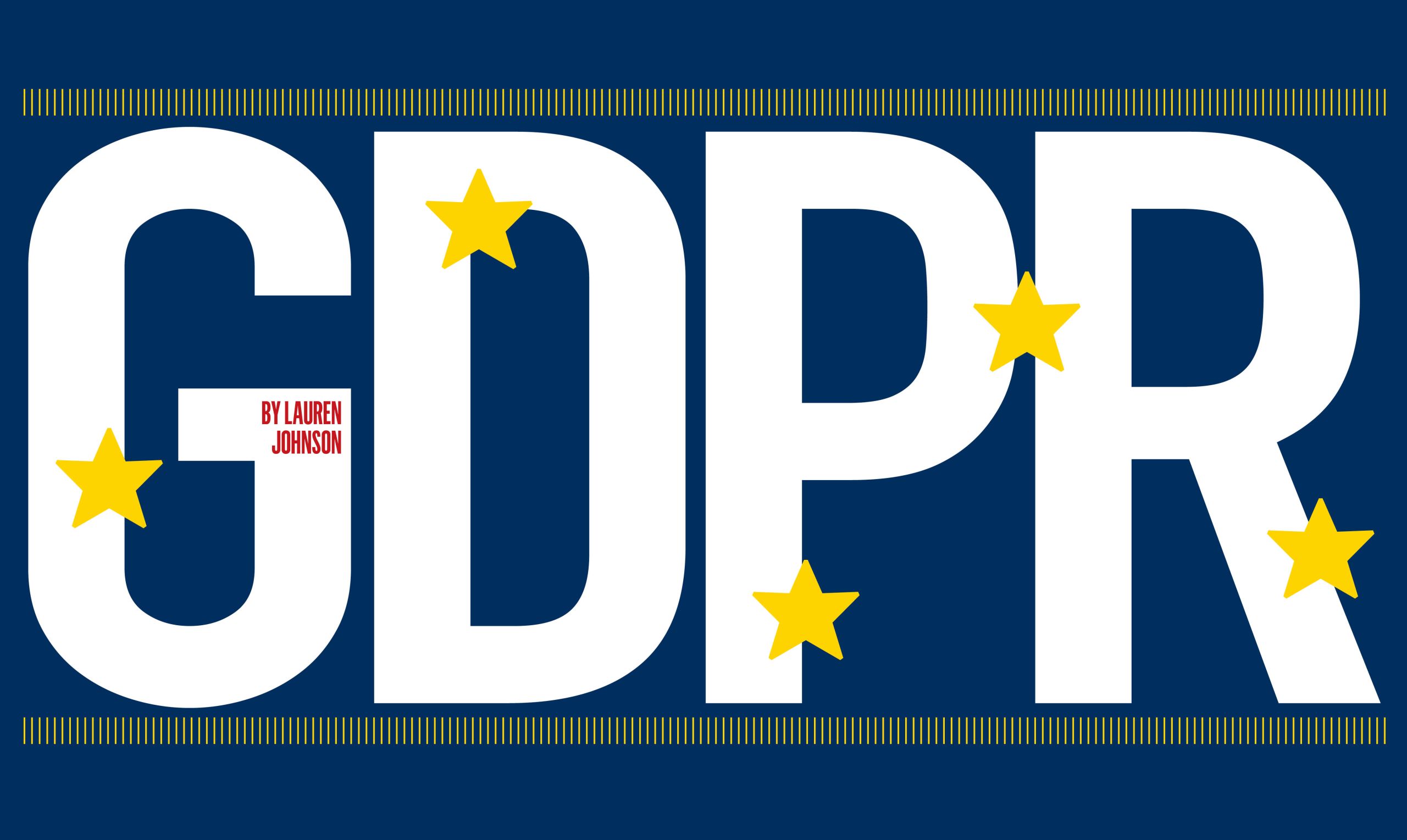
WHAT IS IT?

The European Union’s General Data Protection Regulation (GDPR) law, which is set to take effect on May 25, imposes a strict set of requirements on how and why companies collect and use personal data. In many cases, people get to decide what information they share.

WORK SMARTER - LEARN, GROW AND BE INSPIRED.
Subscribe today!
To Read the Full Story Become an Adweek+ Subscriber
Already a member? Sign in
